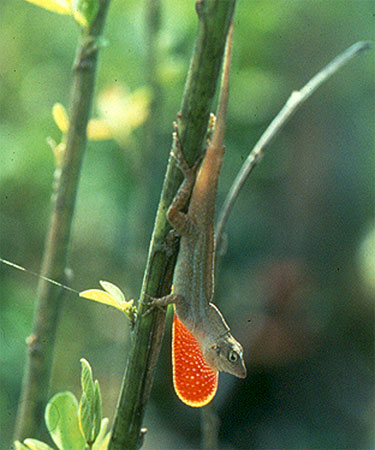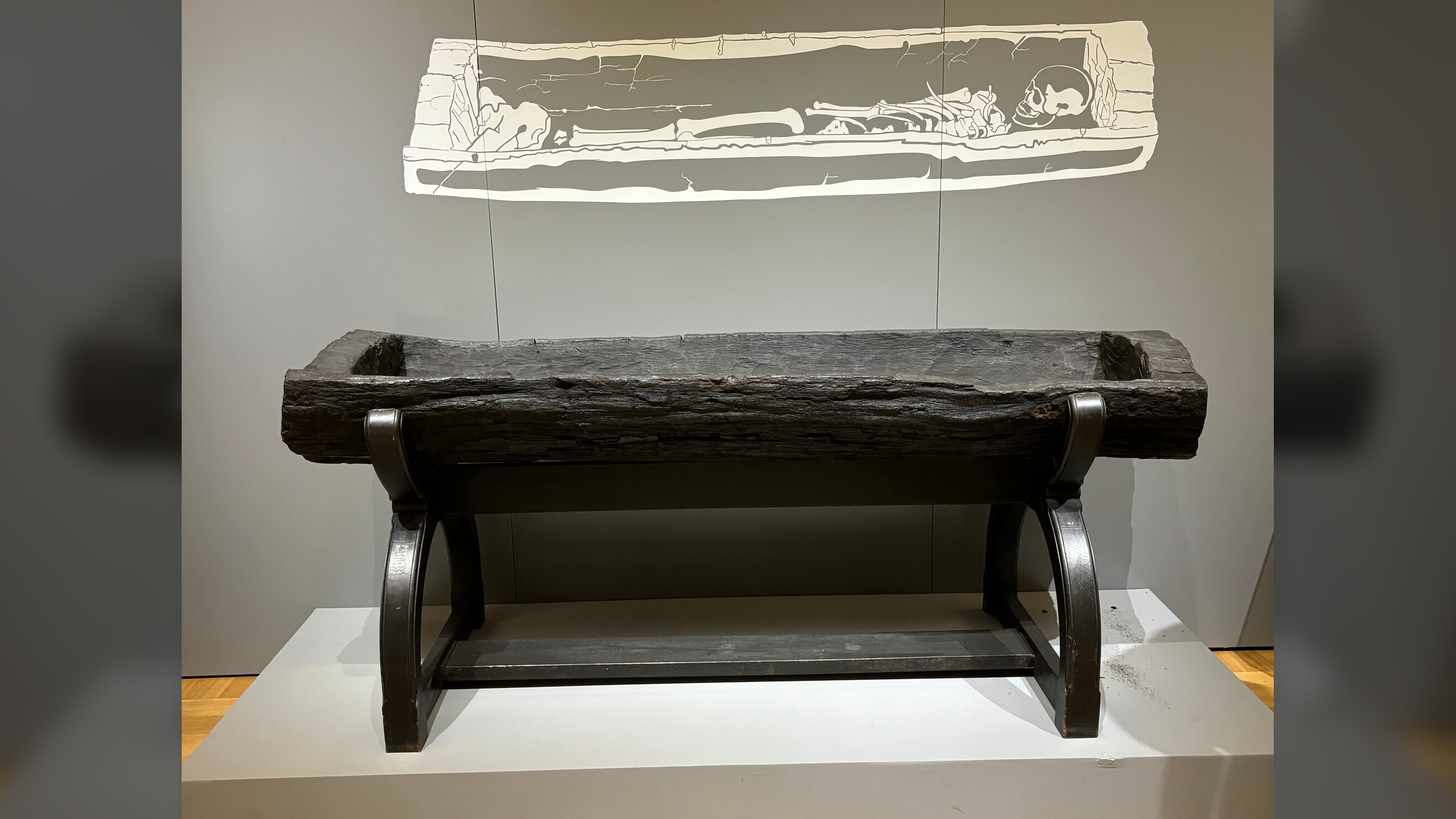Short Legs Win Evolution Battle

Get the world’s most fascinating discoveries delivered straight to your inbox.
You are now subscribed
Your newsletter sign-up was successful
Want to add more newsletters?

Delivered Daily
Daily Newsletter
Sign up for the latest discoveries, groundbreaking research and fascinating breakthroughs that impact you and the wider world direct to your inbox.

Once a week
Life's Little Mysteries
Feed your curiosity with an exclusive mystery every week, solved with science and delivered direct to your inbox before it's seen anywhere else.

Once a week
How It Works
Sign up to our free science & technology newsletter for your weekly fix of fascinating articles, quick quizzes, amazing images, and more

Delivered daily
Space.com Newsletter
Breaking space news, the latest updates on rocket launches, skywatching events and more!

Once a month
Watch This Space
Sign up to our monthly entertainment newsletter to keep up with all our coverage of the latest sci-fi and space movies, tv shows, games and books.

Once a week
Night Sky This Week
Discover this week's must-see night sky events, moon phases, and stunning astrophotos. Sign up for our skywatching newsletter and explore the universe with us!
Join the club
Get full access to premium articles, exclusive features and a growing list of member rewards.
In a reptilian version of "Survivor," lizards with longer legs ultimately get booted from islands by their short-legged opponents.
Countering the widespread view of evolution as an eon-long process, evolutionary biologists discovered that when island lizards were exposed to a new predator, natural selection occurred in a six-month period, first favoring longer and then shorter hind legs.
The findings are detailed in the Nov. 17 issue of the journal Science.
Brown anolis (Anolis sagrei) lizards spend much of their time on the ground. But as previous studies have shown, when a ground-dwelling, predatory lizard is introduced, the anoles scamper up trees. They switch to an arboreal lifestyle to escape being eaten.
Anoles’ long legs make them fast runners, giving them an advantage in a ground-based setting where not much balance is necessary.
Researchers led by Jonathan Losos of Harvard University studied brown anole populations on 12 small islands in the Bahamas. They introduced a larger, predatory lizard (Leiocephalus carinatus) to six of the islands, while keeping six other control islands predator-free.
The scientists counted, marked and measured lizards at the beginning of the study, after six months, and again after 12 months. After six months, the anole populations dropped by half or more on islands with predators. On predator islands, the anole survivors had longer legs than non-survivors, a result the scientists suggest is due to longer-legged lizards being faster runners and better able to elude capture by predators.
Get the world’s most fascinating discoveries delivered straight to your inbox.
Tables turned, however, during the next six months. The surviving anoles became increasingly arboreal, spending much of their time in treetops. At the end of the six-month stint, measurements showed surviving anoles had shorter legs compared with non-survivors. There was no significant difference in leg length between surviving and non-surviving anoles on control islands.
Shorter limbs are better suited for navigating narrow tree branches, which the scientists figure helped the lizards evade becoming dinner.
The researchers think that, over a longer period of time, the anoles in the presence of a predator would evolve much shorter limbs.
- All About Reptiles
- Images: Darwin on Display
- Colorful Strategy: Why Lizard Tails Change with Age
- Images: Snakes, Frogs and Lizards
- All About Evolution
Jeanna Bryner is managing editor of Scientific American. Previously she was editor in chief of Live Science and, prior to that, an editor at Scholastic's Science World magazine. Bryner has an English degree from Salisbury University, a master's degree in biogeochemistry and environmental sciences from the University of Maryland and a graduate science journalism degree from New York University. She has worked as a biologist in Florida, where she monitored wetlands and did field surveys for endangered species, including the gorgeous Florida Scrub Jay. She also received an ocean sciences journalism fellowship from the Woods Hole Oceanographic Institution. She is a firm believer that science is for everyone and that just about everything can be viewed through the lens of science.
 Live Science Plus
Live Science Plus










